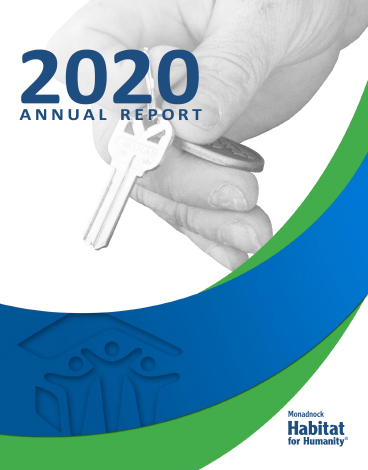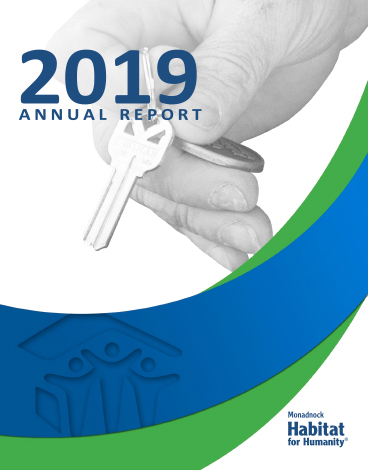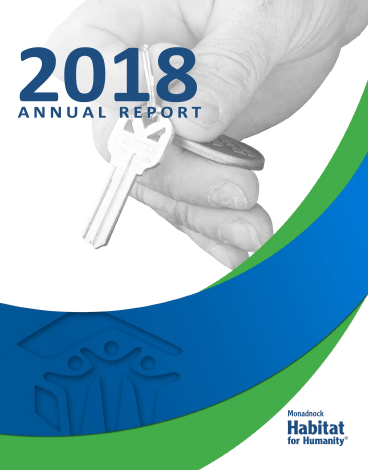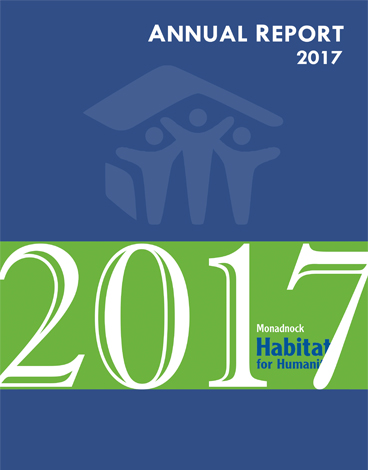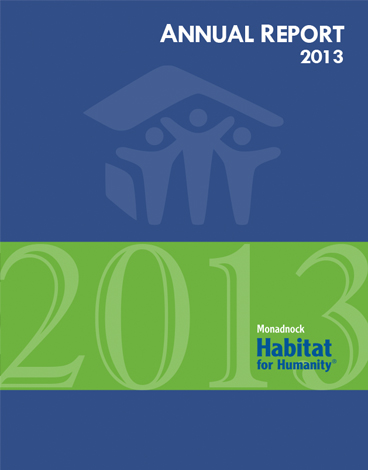If a vacancy occurs on the board of directors, including a vacancy resulting from an increase in the number of directors, the board of directors may fill the vacancy; provided, that if the directors remaining in the office constitute fewer than a quorum of the board, they may fill the vacancy only by the affirmative vote of a majority of all the directors remaining in office or by the sole remaining director. A director elected to fill a vacancy shall hold office until the next annual meeting of the board of directors, if the board of directors so provides at the time the vacancy is filled, or until the end of the unexpired term that such director is filling, or until such director’s death, resignation, removal or disqualification, or until such director’s successor is elected and qualifies.
